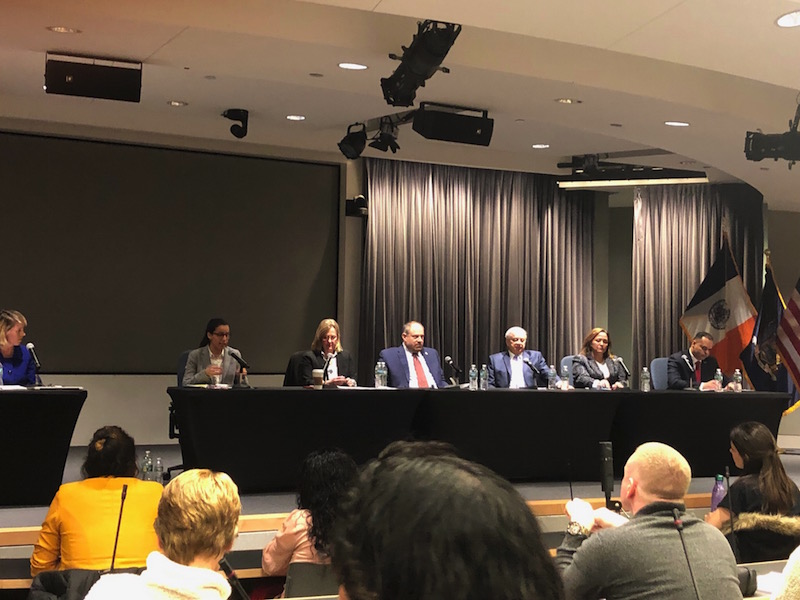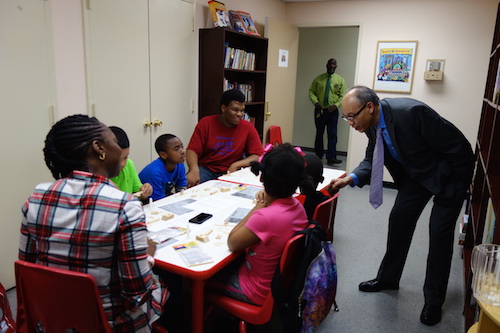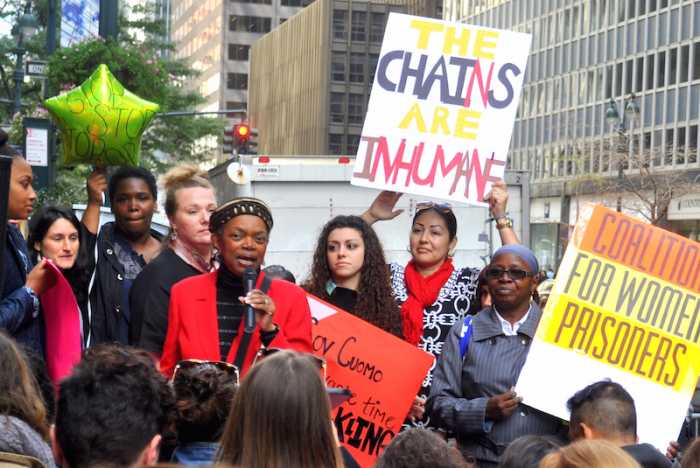Queens Borough President Melinda Katz, Councilman Rory Lancman (D-Hillcrest), former Judge Gregory Lasak, public defender Tiffany Cabán, prosecutor Betty Lugo and Jose Nieves, the deputy chief of the Special Investigation and Prosecution of the state Attorney General’s office diverged on decarcerating violent crime at the CUNY Law School in Long Island City during a policy debate for the Queens District Attorney race.
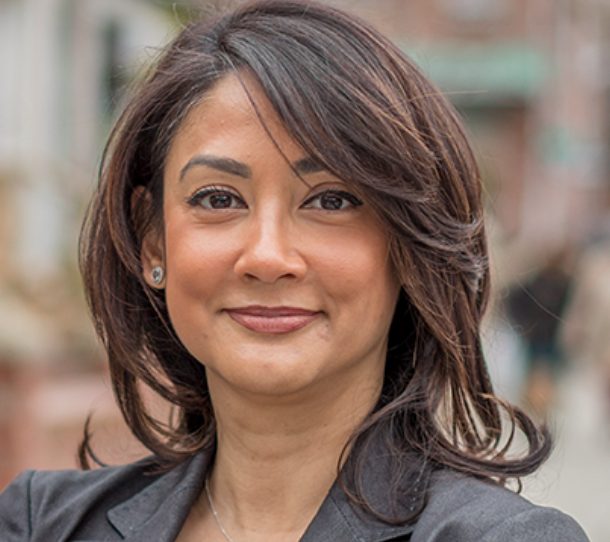
Mina Malik, a lecturer at Harvard Law and a deputy attorney general in Washington D.C. was out with the flu and couldn’t attend the forum located at 2 Court Square on March 12, but reached Queens County Politics via mail with her response.
“Invest in addressing the root causes of crime and make sure people have access to the resources they need, whether it be substance abuse disorder treatment or mental health treatment, and implement meaningful restorative justice programs,” said Malik who worked on similar initiatives in D.C. when it came to decarceration.
Katz proposed investing in community organizations that are already fighting to reduce crime in their neighborhoods like LIFE Camp in Jamaica.
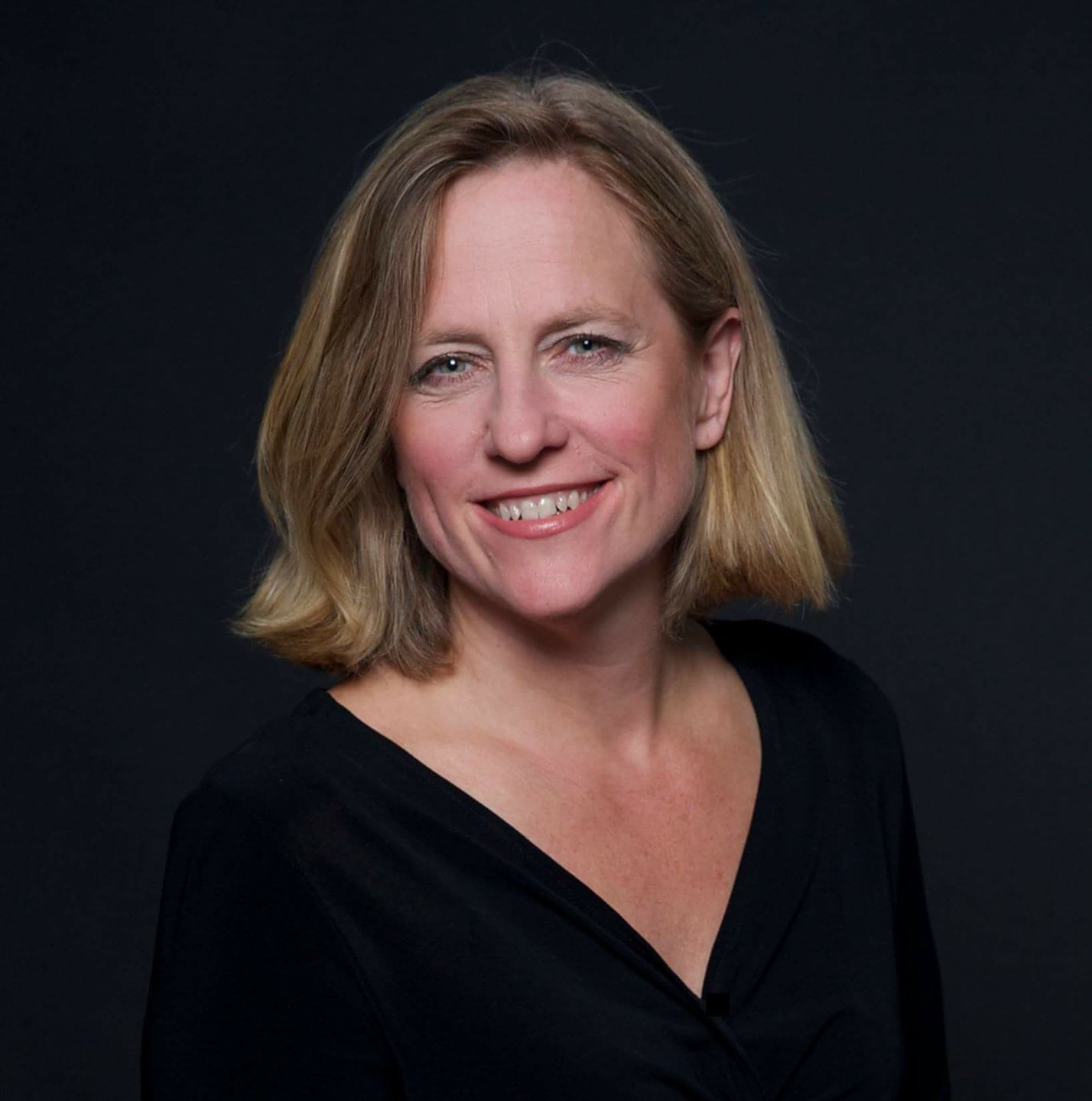

“You have to start with the community and have a process that makes sure they don’t go in and then just leaves them there,” said Katz. “We need to make sure that violent crimes are diverted as much as possible.”
Cabán wants to approach decarceration as a health issue.
“We have to start thinking of folks as survivors and victims of trauma themselves when they engage in harms towards others,” said Cabán. “I have had clients who keep getting thrown back in jail and they get increasingly longer sentences, but it doesn’t work.”
Cabán suggested the use of therapy, supportive services and using the Cure Violence Model, which sends trusted community members to act as mentors to people prone to violence to help them choose a better course in life.
Nieves recommended restraint among district attorneys to prevent overcharging in violent criminal cases.
“Many times we overcharge cases in hopes of a plea bargain,” said Nieves. “We need to look at the criminal conduct and actually charge appropriately.”
Lugo, whose mother was a domestic violence survivor, was more concerned with providing holistic solutions to helping victims.
“I would hire the best psychologists, social workers and therapists for my victims,” said Lugo who wanted to move people who were harmed into a safer environment. “The DA’s office needs to be hands-on and not just deal with it at a prosecution level.”
Similar to Lugo, Lasak focused more on the public’s safety than decarceration.
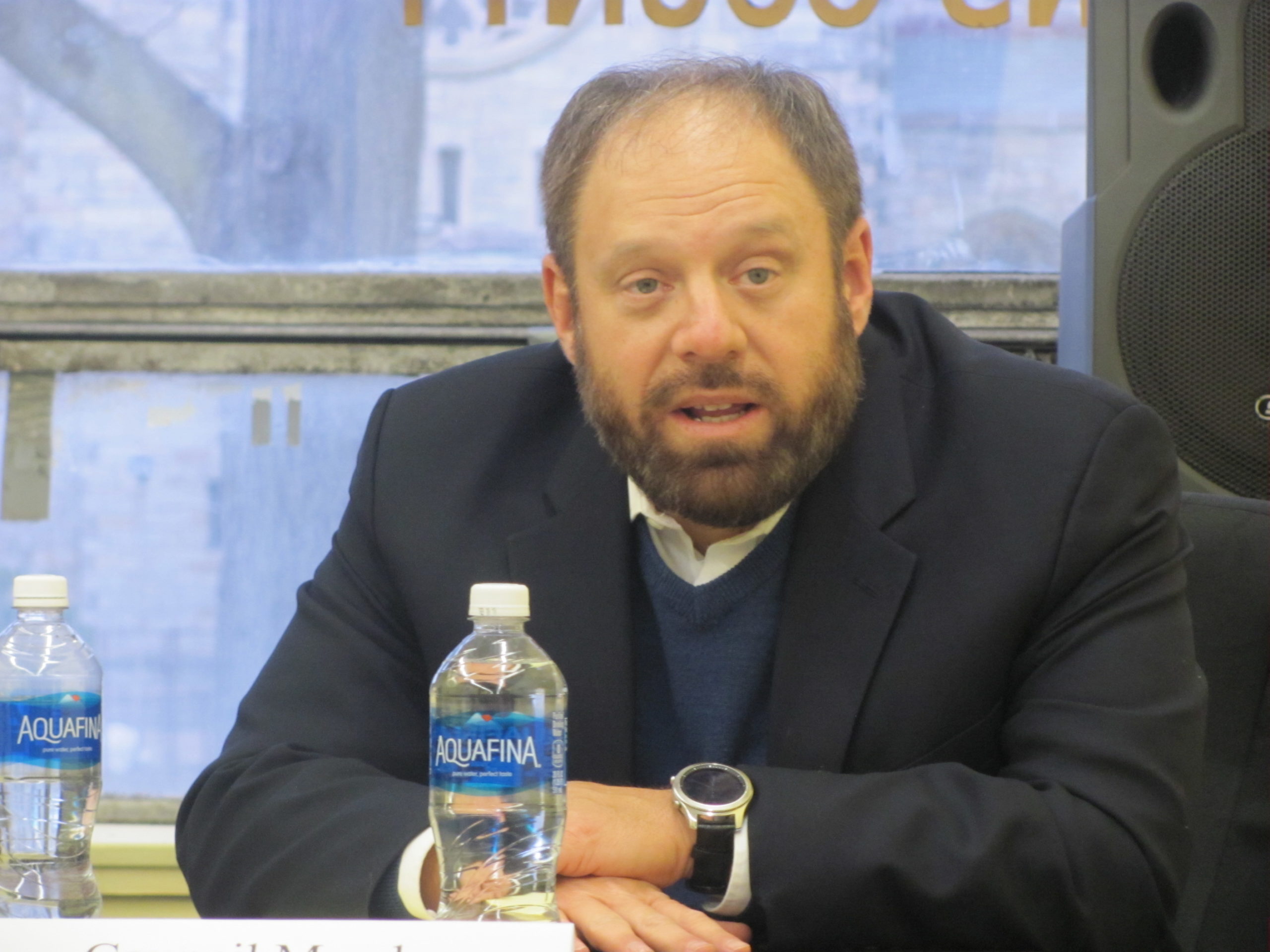
“One of the bureau’s under my division was the domestic violence bureau, which I created in the mid-90s,” said Lasak. “A judge let out a defendant who was estranged from his wife, and later we found the wife and their two sons with their head chopped off with an ax. We have to be very careful when we deal with violent criminals. A DA’s main job is to keep the public safe.”
Lancman advocated for thoughtful charging decisions.
“Mass incarceration cannot be solved if we continue to exclude so-called violent acts from being eligible for reform,” said Lancman. “We overcharge people with felonies like how Kalief Browder was charged with a violent felony for allegedly stealing a backpack.”


